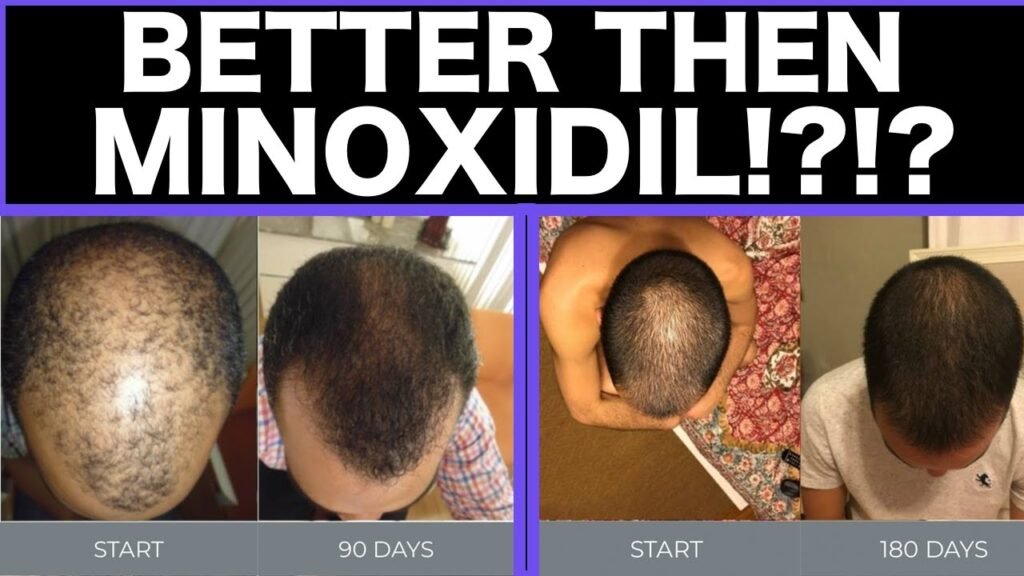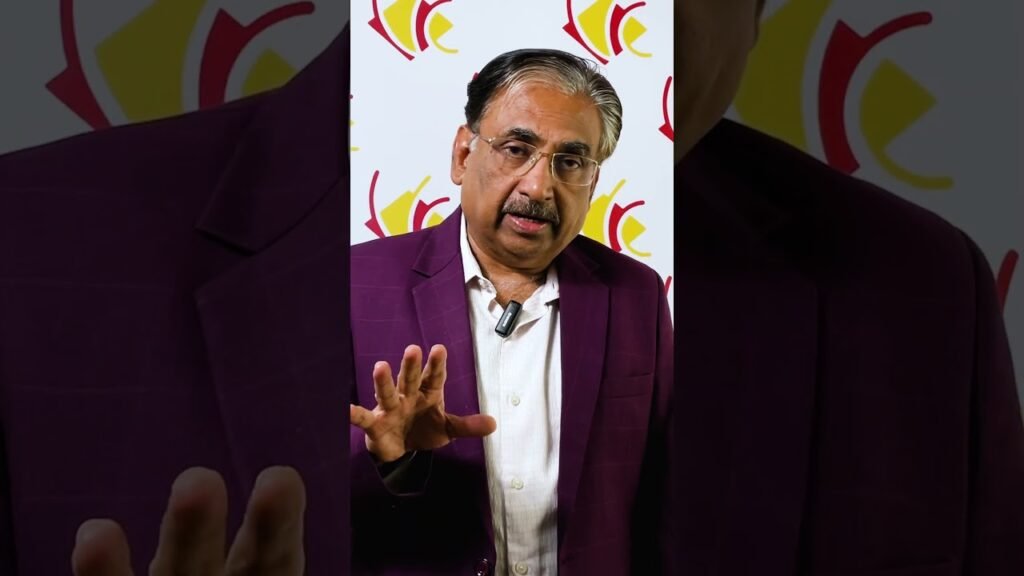What to expect from Minoxidil vs hair growth serum
When considering hair growth treatments, its essential to understand the differences between Minoxidil and hair growth serums to set realistic expectations. Minoxidil is a well-known FDA-approved topical treatment specifically designed to stimulate hair growth and slow down balding. Users can typically expect to see results within three to six months of consistent application. The primary action of Minoxidil is to widen blood vessels, which enhances blood flow to the hair follicles, promoting stronger and thicker hair growth. However, its crucial to note that the effects of Minoxidil may vary based on individual response, and discontinuing its use can lead to the reversal of its benefits.
On the other hand, hair growth serums encompass a broad category of products that may contain a variety of natural and synthetic ingredients aimed at nourishing the scalp and supporting healthy hair growth. Unlike Minoxidil, hair growth serums are not FDA-approved for treating hair loss, which means their effectiveness can be less predictable. These serums often include ingredients like biotin, peptides, and essential oils, which aim to improve the overall health of the hair and scalp. Users might notice improvements in hair texture, shine, and manageability rather than significant hair regrowth. The results can vary widely depending on the formulation and the individuals unique hair and scalp condition.
Its also important to consider the potential side effects and usage requirements of both treatments. Minoxidil users might experience initial shedding, scalp irritation, or unwanted hair growth on other parts of the body. Hair growth serums, depending on their ingredients, may offer a gentler alternative with fewer side effects, but they might require longer-term use to see noticeable improvements. For those looking to choose between the two, it may be beneficial to consult with a dermatologist or a hair care specialist to determine the most suitable option based on specific hair goals and any underlying scalp conditions.


